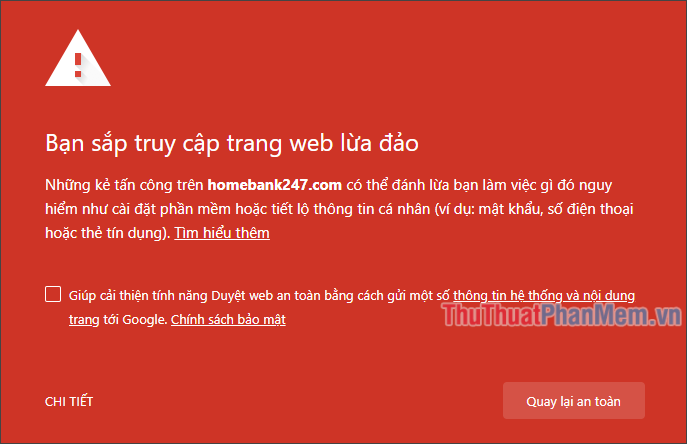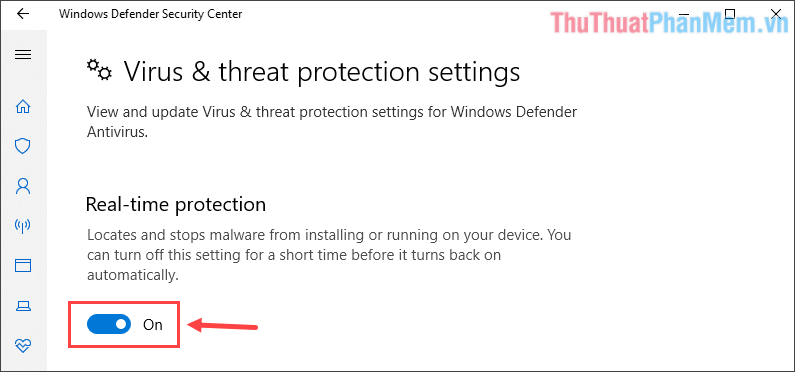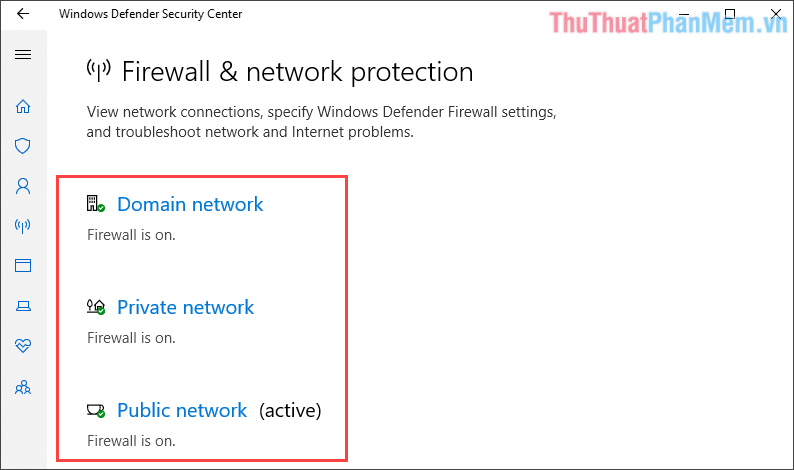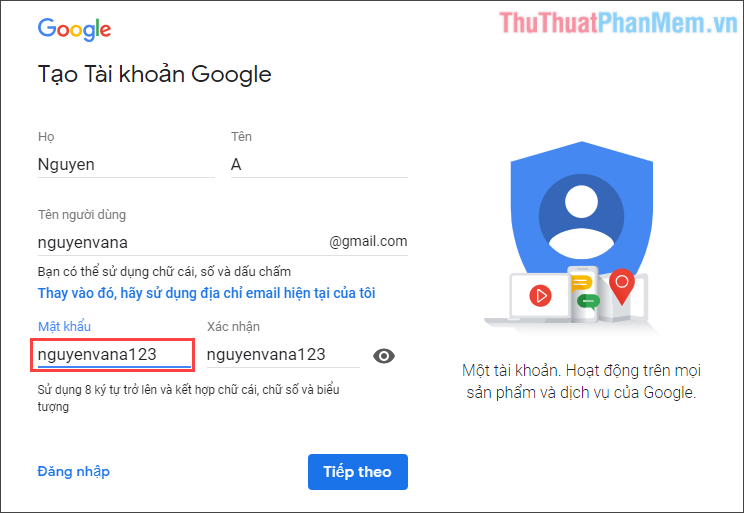Common types of cyber attacks target seniors
Cybercrime targeting the elderly is a major problem worldwide. There are many reasons for this group to fall victim to online fraud. Most older people approach the technology era more slowly than young people, so they usually only keep habits as easy as not wanting to set complex passwords, not taking the information security seriously. At the same time, they are also the generation that usually treats strangers - who can use that to trick their victims. However, even though technological knowledge may be limited, the elderly can still protect themselves against some of the common cyber attacks.
1. Phishing attacks
This type of cyber-attack usually takes place by impersonating a trusted entity or entity in electronic communication, such as forging an email, website (of banks, companies, state agencies). , etc.) then ask the user to perform an action such as declaring personal information, downloading a file, or clicking on a link, etc.

Warning browser when you visit a phishing website
Tip: Regardless of age, everyone must take basic security precautions to protect themselves against fraud. These include updating the operating system as well as other applications, and changing the DNS server to prevent misleading URLs.
A few other tips:
- If too many browser windows are active and not open, press Alt + F4 to turn everything off.
- Always keep a habit of clearing your browser's cache on a regular basis. If you use Google Chrome, press Ctrl + H .

- Set a strong password. This is a mandatory rule. If you can't remember them, keep them in a notebook or save them with password management tools.
2. Behavioral assault
Understandably, seniors are often the target of some type of behavioral attack. They can be promises, seductions, buying anti-aging medicine, hair loss or some other items; donating to charity and contributing investment capital; or closer than forging an acquaintance's request for help.
Tip: You can prevent behavior fraud by changing the security settings in Windows Settings. You should also turn on the Windows Defender Security Center setting to prevent misleading navigation to phishing websites. Besides, never download or open email attachments from people you don't trust. Do not answer any suspicious phone calls or phone calls.


Turn on Real-time protection and Firewall to protect yourself from network attacks
3. Cheating with customers
The number of fake online commerce sites is on the rise, and older people are more likely to be deceived because the ability to authenticate information is low. When they place an order online, it is likely that the product will not be delivered, or that the product will not receive the same quality as advertised, or may be charged an extra fee. It is important to verify that the website in question is genuine.
Tip: Check information such as company name, address, phone number, business code, license, etc. on the purchase website.
4. Identity theft
Most successful identity theft stems from a user's weak password or PIN. For the elderly, they usually only set passwords with easy-to-remember numbers like 123456 or birthdays of family members, and apply that password to all accounts currently owned, like Google, Facebook. or bank account, .

Avoid setting weak passwords, easy to be discovered by hackers as above
Advice: Everyone, from adults to young people, should avoid sharing sensitive personal information such as bank card numbers, passwords, birthdates and other information with anyone who is anonymous. Always suspect all people claiming to be government employees, tax auditors, banks, carriers or other agencies. Use the strongest password possible but still be easy to remember, and should not use the same password for all types of accounts.